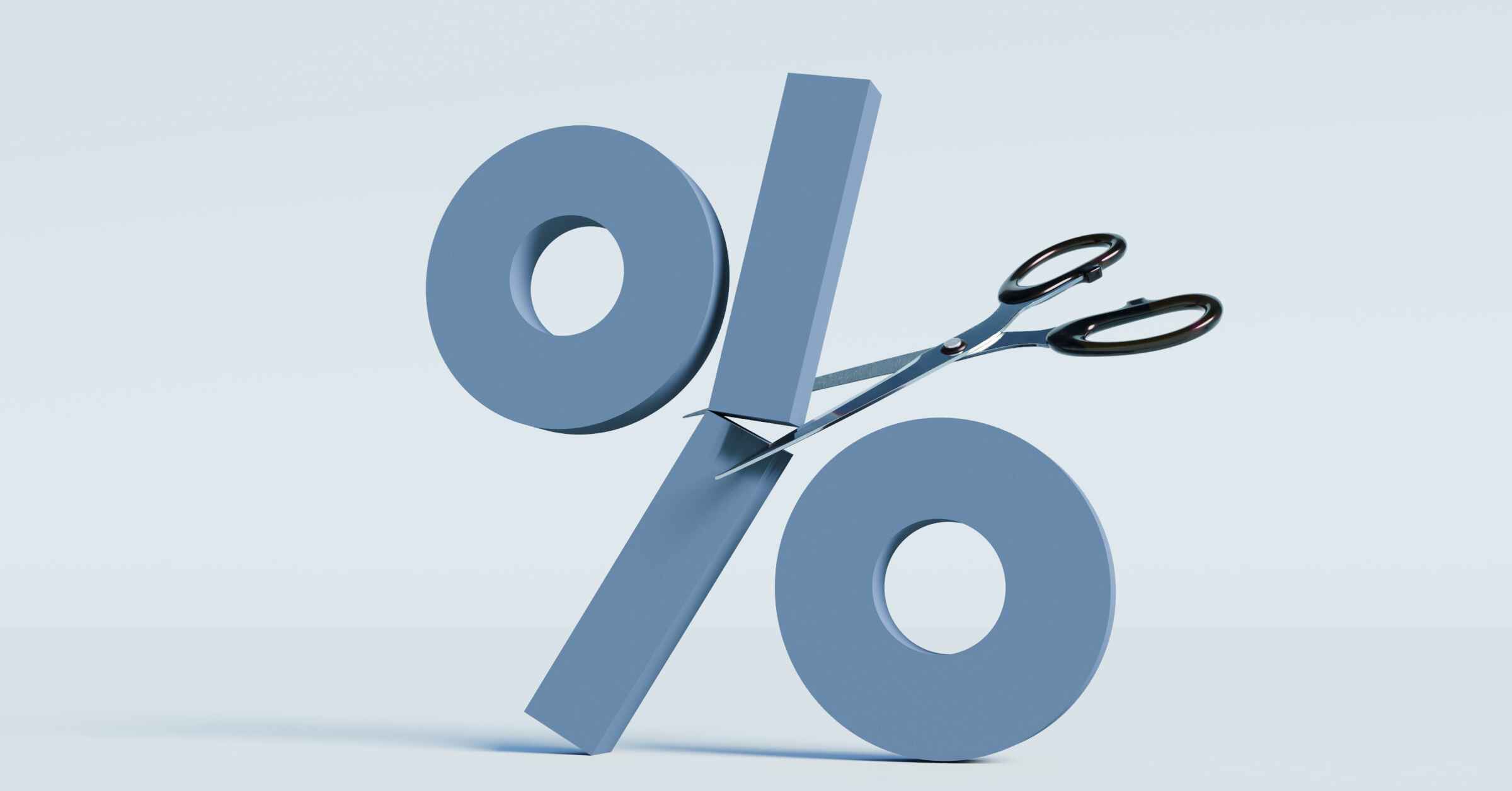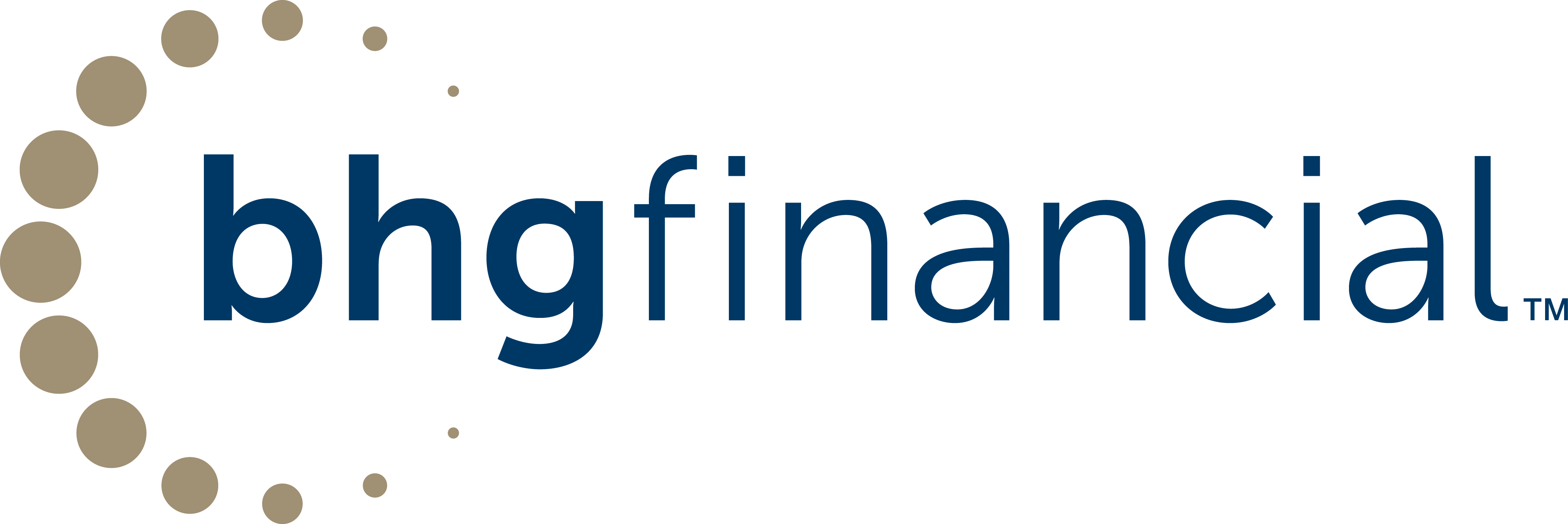Personal Loans
Customized financing to consolidate high-interest debt and unlock financial flexibility.
Business loans
Tailored commercial financing that supports all your business needs to help you grow quickly.
Tailored for entrepreneurs that want to establish additional active and passive income streams.
Customized financing to consolidate high-interest debt or fund major purchases or expenses.
About BHG
Programs
Sign in
How to Get the Credit Card Company to Lower Your Interest Rate

Table of Contents
- What affects your credit card interest rate?
- Can you negotiate a lower credit card APR?
- When should you request a temporary APR reduction?
- Should you consider a debt consolidation loan instead?
- How can BHG Financial support a smart credit card strategy
- How to get the credit card company to lower your interest rate FAQ
While it's always ideal to pay off your credit card balance in full each month to avoid interest charges, life doesn't always make that possible. When carrying a balance, the interest rate can significantly impact the overall cost of your debt. The good news is that you can often negotiate a lower credit card APR with a few timely strategies.
Key Considerations
You can negotiate your credit card interest rate by calling your card issuer and asking for a rate reduction. If they don’t say yes, ask for a temporary reduction, try again, or explore consolidation using a personal loan.
What affects your credit card interest rate?
Your credit card APR is based on a few key factors:
- Your credit score: Borrowers with higher scores typically qualify for lower rates. Lenders use your credit score, along with your credit history and income, to determine your creditworthiness.
- Current market interest rates: Issuers adjust APRs based on the federal funds rate and economic trends. When the prime rate goes up, your credit card APR is likely to follow.
- The issuer’s internal policies: Each lender uses its own formulas and risk assessments to set APRs for each applicant.
Annual percentage rates on credit cards have increased steadily over the past few years. The average APR on all credit card accounts was 21.16% as of May 2025, a big jump from 14.6% in 2021. If your card’s rate is above average, or it’s getting harder to manage, it may be worth trying to lower it.
Can you negotiate a lower credit card APR?
Yes. Most credit card companies are open to negotiation—if you ask. Call your issuer to speak with a representative and clearly explain your request for a lower interest rate. Here are some tactics to use when you negotiate your credit card interest rate:
- Highlight your long-term relationship: Card companies may be more willing to reward your loyalty. It's good practice to ask for lower rates on all your credit cards if you have more than one. However, prioritize the issuer with whom you've had the longest relationship.
- Leverage strong payment history: If you consistently pay your credit card bill on time, you may be able to leverage this to your advantage.
- Mention competitor offers: Research competing credit card offers and reference them on your call. If you've received any new, lower-rate offers from other issuers, they may be willing to match or beat a competitor's rate to keep your business.
- Negotiate temporary relief: If a permanent reduction isn't possible, ask for a temporary APR reduction. Even a short-term break can provide significant savings. Don't be afraid to ask several times if your initial request is denied.
It's smart to make these calls when your account is in good standing and your credit score is strong. Be persistent; not every issuer will agree to a reduction on the first try, and you might need to call several times.
When should you request a temporary APR reduction?
Credit card companies often offer hardship programs designed to provide immediate, but temporary, relief to customers facing financial challenges, such as a job loss or reduction in income, divorce, death of a spouse, or medical emergencies. These programs might include:
- Temporarily freezing or lowering credit card interest rates
- Forgiving late fees
- Reducing or waiving minimum payments
When these situations arise, contact your credit card company as soon as possible. Be prepared to explain your situation and provide documentation, such as a termination letter or medical bills, to verify your hardship.
You might also request a temporary reduction when your issuer is offering promotional APRs or deals to existing customers. These aren't always widely advertised, so it’s worth calling to inquire about any available offers to get a lower APR.
Should you consider a debt consolidation loan instead?
While negotiating your credit card APR can be effective, it's also wise to explore other strategies, especially if you have significant debt.
One common strategy is a balance transfer credit card. These cards often offer a 0% introductory APR for a fixed period (e.g., 12 to 21 months) on transferred balances for borrowers with good credit. This can save you money on interest, but only for a short time. Be mindful of potential balance transfer fees, typically 3% to 5% of the transferred balance, as well as newer, higher APRs that are triggered after the promotional period ends.
You can also consider a personal loan to consolidate debt at a lower interest rate. Personal loans offer a fixed interest rate and a set repayment schedule, which can make managing your debt more predictable and affordable.
Average personal loan APRs currently range from 10% to 15% for borrowers with excellent credit. While these rates are higher than they were a few years ago, they are still competitive when compared to credit card APRs.
This significant difference means that consolidating high-interest credit card debt into a personal loan could translate to thousands in annual savings, especially when consolidating larger balances.
|
|
Balance |
APR |
Monthly payment |
Interest paid over 7 years1 |
|---|---|---|---|---|
|
High-interest credit card(s) |
$50,000 |
22.30% |
$1,181 |
$49,168 |

|
$50,000 |
12.44% |
$894 |
$25,133 |
|
|
|
|
Estimated savings on credit card interest with BHG |
$24,035* |
Advertised rates are subject to change without notice.
Monthly payment is a representative example and for illustrative purposes only.
* Potential savings based off comparing repayment of a $50,000 balance over 7 years on both a credit card with a minimum monthly payment of $1,181 and APR of 22.30% (average consumer credit card APR per The Federal Reserve as of 01/08/26), with the assumption no additional draws on the line are made during this time; and a BHG Personal Loan with a minimum monthly payment of $894 and minimum available APR for a 7-year term, which is 12.44% as of 01/16/2026 and includes an origination fee.
FYI: BHG Financial offers fixed-rate debt consolidation loans up to $250,0001 with extended terms up to 10 years.1,2
How can BHG Financial support a smart credit card strategy?
At BHG Financial, we understand the complexities of managing debt. Our personal loans are specifically designed to offer flexible repayment terms that can help keep your monthly payments low. With loan amounts up to $250,0001, significantly higher than many competitors, you can use it to consolidate larger credit card balances—often at a lower rate.
Our concierge service provides custom loan strategies based on your credit and financial goals. We perform a thorough credit analysis to determine if a personal loan is the right move for your unique circumstances.
Interested in exploring a personal loan with more flexibility and personalized support? To find the right fit, check your rate today in just a few minutes.
How to get the credit card company to lower your interest rate FAQ
Will asking to lower my rate impact my credit score?
Generally, no. When you ask your credit card company for a lower interest rate, they typically do not need to perform a hard inquiry on your credit report, which can temporarily hurt your score. However, they may initiate a soft inquiry to review your existing credit information—this will not impact your credit. Be sure to confirm the type of credit inquiry your issuer will perform. Even if there is a slight, temporary dip from a hard inquiry, securing a lower interest rate can help you pay off your debt faster. This ultimately improves your credit score in the long run by building positive payment history.
How long does it take to see a rate drop?
If approved, you might see the new APR on your next billing cycle. Confirm your reduction timeline with the representative from the card company.
Can all credit issuers reduce rates?
Not always, and not for everyone. Some card companies have strict APR policies, but many allow reps to approve temporary or permanent rate reductions—especially if you have a solid payment history, are facing financial hardship, or receive other offers.
What if the credit card company refuses my request?
If your request is denied, try calling again later, as another representative may offer different options. You can also ask for a temporary interest rate reduction or hardship program. And if your rate stays high, consider alternatives like a balance transfer card or debt consolidation loan to save more in the long run.
Not all solutions, loan amounts, rates, or terms are available in all states.
1 Terms subject to credit approval upon completion of an application. Loan sizes, interest rates, and loan terms vary based on the applicant's credit profile.
2 Personal Loan Repayment Example: A $60,000 personal loan with a 7-year term and an APR of 17.06% would require 84 monthly payments of $1,191.38.
3 This is not a guaranteed offer of credit and is subject to credit approval.
4 There is no impact on your credit for applying. For personal loans, a complete credit history, which will appear as an inquiry on your credit report, will be performed upon acceptance and funding of the loan and may impact your credit.
Consumer loans funded by Pinnacle Bank, a Tennessee bank, or County Bank. Equal Housing Lenders.
No application fees, commitment, or impact on personal credit to estimate your payment.
For California Residents: BHG Financial loans made or arranged pursuant to California Financing Law license - Number 603G493.